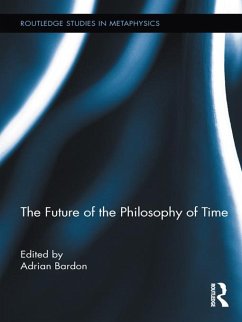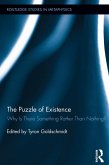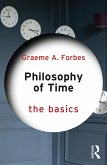The collection is unique in combining cutting edge work on time with a focus on the big picture of time studies as a discipline. The major questions asked include:
- What are the implications of relativity and quantum physics on our understanding of time?
- Is the passage of time real, or just a subjective phenomenon?
- Are the past and future real, or is the present all that exists?
- If the future is real and unchanging (as contemporary physics seems to suggest), how is free will possible?
- Since only the present moment is perceived, how does the experience as we know it come about? How does experience take on its character of a continuous flow of moments or events?
- What explains the apparent one-way direction of time?
- Is time travel a logical/metaphysical possibility?
Dieser Download kann aus rechtlichen Gründen nur mit Rechnungsadresse in A, B, BG, CY, CZ, D, DK, EW, E, FIN, F, GR, HR, H, IRL, I, LT, L, LR, M, NL, PL, P, R, S, SLO, SK ausgeliefert werden.









